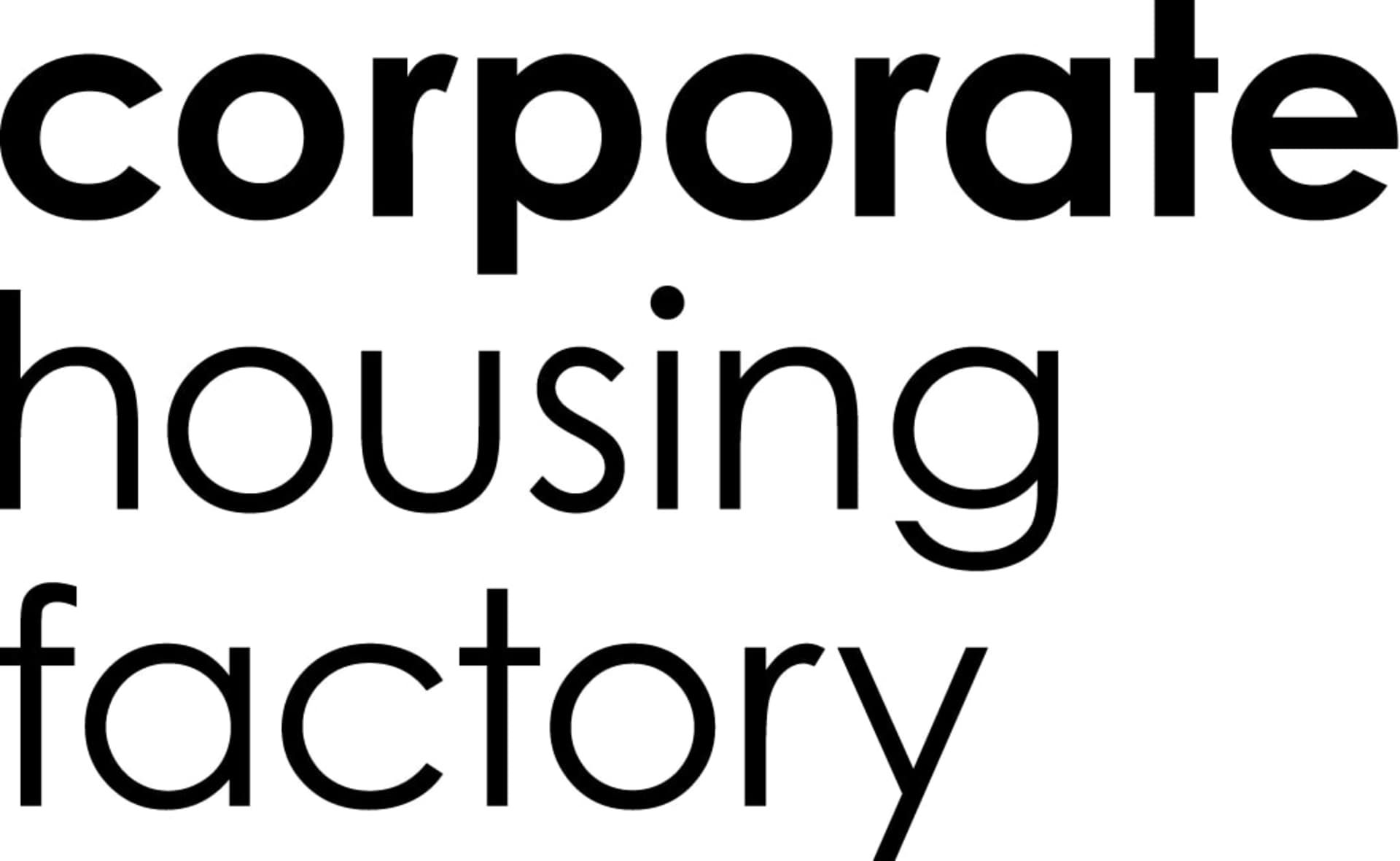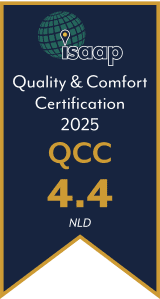
The Ins and Outs of the Dutch school system
Are you about to move to the Netherlands and are trying to get to grips with the Dutch school system? Then you have come to the right place. Below you will find a broad strokes overview of education in the Netherlands.
Let's start with the easy stuff. Education in the Netherlands is compulsory (leerplicht) from the age of five to 16. By 16 children should have a diploma, but if they don't, then education remains compulsory until they do or until they reach the age of 18, whichever happens first.
Ages 0-5: Day Care/Crèche/Nursery (Kinderopvang/Peuterspeelzaal)
From zero to five, children in the Netherlands can take part in non-compulsory education opportunities. Alternatively, they can be looked after by their parents, relatives, or another caregiver.
Ages 4-12: Primary School (Basisschool)
Primary school is made up of eight grades or groepen (groups) as they are known in Dutch. As mentioned above, education is not compulsory until age five, i.e. groep two. At this age level the focus is on writing, maths, reading, and other general subjects. English is introduced in groep seven, if not earlier. Basisschool is also where children learn about traffic rules culminating in a cycling exam in groep seven and earning a cycling diploma.
Ages 12-16+: Secondary School (Middelbare school)
This is where things start to get a little more complicated. Prior to arriving in secondary school, children take an exam in groep eight called the CITO exam. The results of this exam, together with their overall performance throughout primary school determines which branch of secondary school they will partake in:
- VMBO (Four Years in Duration)
This branch is a preparatory vocationally orientated practical training, which leads to vocational training (MBO).
- HAVO (Five Years in Duration)
This branch is a general preparatory education for studying at a University of Applied Sciences (HBO).
- VWO (Six Years in Duration)
This branch is an education focusing on theoretical knowledge, preparing an individual for studying at a research university (WO). You might also hear the words atheneum and gymnasium (https://en.wikipedia.org/wiki/Atheneum_(school)) when discussing this branch.
Higher Education / University
Traditionally, an MBO or HAVO diploma will allow you to study at HBO level, which basically stands for "higher professional education" and is oriented towards higher learning and professional training. After HBO, students can continue their education and earn a master’s or they can exit and join the job market.
A VWO diploma (or HBO degree) allows you to study at WO level, which is organised around a three-cycle system consisting of bachelor's, master's and PhD degrees.






